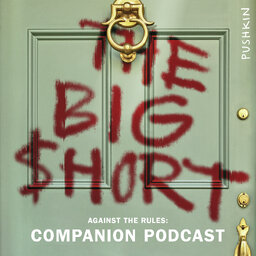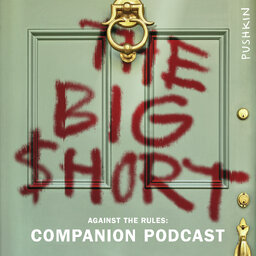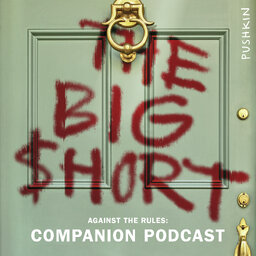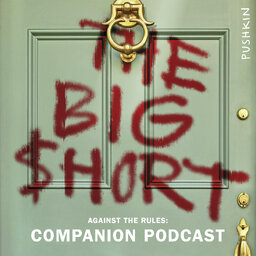Natasha Schüll on the Antisocial Lure of Gambling
As an anthropologist, Natasha Schüll spent more than a decade doing field work in Vegas casinos, especially among the slot machine addicts. She tells Michael Lewis why many of those who play slots actually hate to win. And she talks about how the digital overhaul of Vegas has made all forms of gambling, including sports gambling, more like slots.
For further reading: Addiction by Design: Machine Gambling in Las Vegas by Natasha Schüll.
In 1 playlist(s)
Against the Rules: The Big Short Companion
Michael Lewis’s best-selling book The Big Short is now 15 years old. The Oscar-winning movie based o…Social links
Follow podcast
Recent clips

Live with Nicolle Wallace
43:53

Michael Burry Speaks
39:43

How the Financial Crisis Broke Politics
44:19
 Against the Rules: The Big Short Companion
Against the Rules: The Big Short Companion